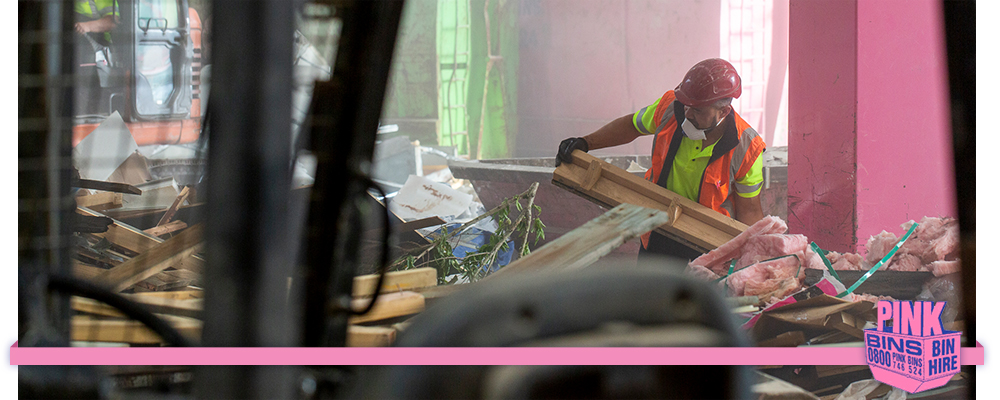We Kiwis are known for ‘punching above our weight’ on the world stage. That’s something of which to be proud. There is, though, one area that we excel in that is nothing to feel warm and fuzzy about — per capita, New Zealand is a world leader in the production of waste.
On July 15, as part of the Covid-19 Response and Recovery Fund, the Government announced plans to tackle the waste problem in New Zealand by investing $124 million in waste-reduction initiatives. This sum is about equal to the entire Waste Management Fund allocation in the last 10 years.
COVID-19 has wreaked havoc throughout the world, and New Zealand has not come out of the pandemic unscathed. It seems, though, that ‘every cloud has a silver lining’ because the reason for the Government’s investment is to create hundreds of permanent jobs to counter unemployment caused by the virus.
What actions will the Government take?
Expand the scope of the waste levy
The levy currently applies only to landfills that take household waste — about 90% of landfills in New Zealand pay nothing. However, from 1 July 2022, the levy will apply to other landfill types, such as construction and demolition fills.
Increase the waste levy
Progressively over four years, the Government plans to raise the levy for landfills that take household waste from $10 per tome to $60 per tonne. The first increase will happen on 1 July 2021. If you think this is a large increase, we’ve actually got it pretty good — in Britain, landfill levies are as much as $144 per tonne.
Invest in waste reduction
The Government will invest additional revenue in businesses that support waste reduction and recycling.
What does this mean for you?
With the waste levy increasing to $60 per tonne over the next four years, the cost of waste disposal will obviously increase for everyone. If you’re in business, it makes sense to think smarter about your waste and take steps to recycle more.
One way to save money is by sorting your waste. For example, builders can save up to $100 per bin by hiring bins for timber only.
For the average household, the cost increase will be minimal, about an extra 25 cents per rubbish bag.
Ultimately, though, the Government’s plans will reduce greenhouse emissions and place New Zealand in a better position to handle volatile global markets post-COVID with more recycling capacity.
That’s got to be good.

